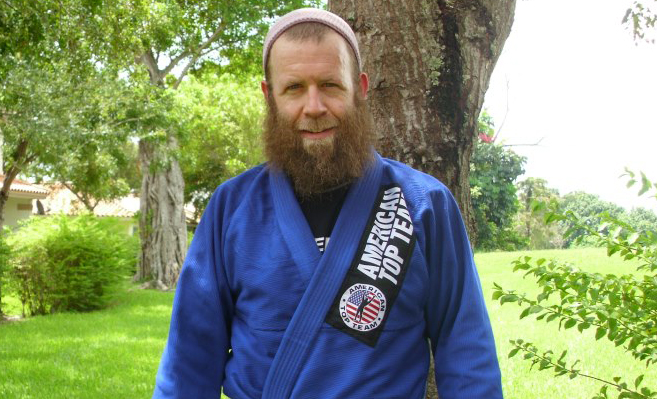The young apprentice comes to his Master with a question.
“Master, who is the angriest guitar player in the world?”
The Master, regal benevolence on his kindly grey brow, says to the young apprentice, “You ask because you think you know. Might you have an idea who this sad person is?”
Hesitating to correct his Master, the young apprentice nonetheless says, “The angriest, Master, not the saddest.”
And the Master nods slightly and says, “I didn’t know there was a difference. Nu?”
The young apprentice, sly smile curling his lips, says, “I saw him on YouTube.”
The Master says, “Ah, then it must be true.”
“He picked and strummed and got stuck on a particular progression over and over. His color darkened and his body shook. Curses flew from his mouth as if his tongue flung them like dishes against the walls. He even punched his own hand. He then smashed a second guitar, stomped on it with his booted feet.”
“How utterly dramatic,” the Master says. “And terribly silly. That man is not the angriest guitar player in the world. Walk with me.”
They begin walking and find themselves strolling along the Boulevard of Broken Dreams. Sob stories pour out of every open door of every café, bar, and restaurant. Therapists set up shop on the tree lined median. Billboards for antidepressants crowd the cityscape to the distant horizon. Ballads sashay from the open windows of beat up American-made cars full of youth cruising for friendship, for companionship, for a kind word of encouragement or at least a compliment.
The young apprentice walks steadily ahead, eyes on the sidewalk before him.
The Master walks with one boot in the gutter, one boot in the street, and his head up in the clouds.
“Then who, Master? The rock gods who smash their six strings into so many toothpicks?”
“Hrumph.”
“Ah! Then it’s him, isn’t it! That black guy with the purple head scarf and stars in his eyes who sets guitars on fire!”
“Now you’ve gone too far!”
The Master breathes in deep, calms himself, says, “Know your history, son. He was my master.”
The young apprentice falls silent.
The Master stops at a corner café, peers into the window.
Mostly empty tables, stools, an unoccupied riser and microphone stand.
A young man sits alone, drinking a coffee concoction and looking at his phone.
The Master points.
The young apprentice, incredulous, says, “Him? He looks so, um, normal.”
The Master nods, wipes a tear from his eye.
“I don’t understand,” the apprentice says.
“That man sitting in there oblivious to everything around him is the angriest guitar player in the world.”
“Who is he?”
“A critic.”
“And why is he the angriest guitar player in the world?”
“Because he’s the guitar player that never picked up a guitar and played.”
The apprentice looks back at the man sitting in the café on the corner of the Boulevard of Broken Dreams. And that’s when he notices a pristine guitar case at the man’s feet.
“But he –“
“Oh, he studies. He takes lessons. He practices. He’s even learned some songs. But none of that satisfies him. His anger is born of frustration. His sadness born of his anger. He’s never, not once, not ever just played. He’s never just picked it up and just played.”
The Master turns to his apprentice.
But he’s gone.
When he looks in the window again, his apprentice sits across the table from the angriest guitar player in the world, who proceeds to take out his guitar and, if a bit uncertainly, smile.
To explore in play without boundaries, this is the beginning of all learning for children, so why must it end with maturity? The apprentice has learned this from the Master. And no greater joy could be had by the Master than to bear witness to the apprentice passing that knowledge onward.





